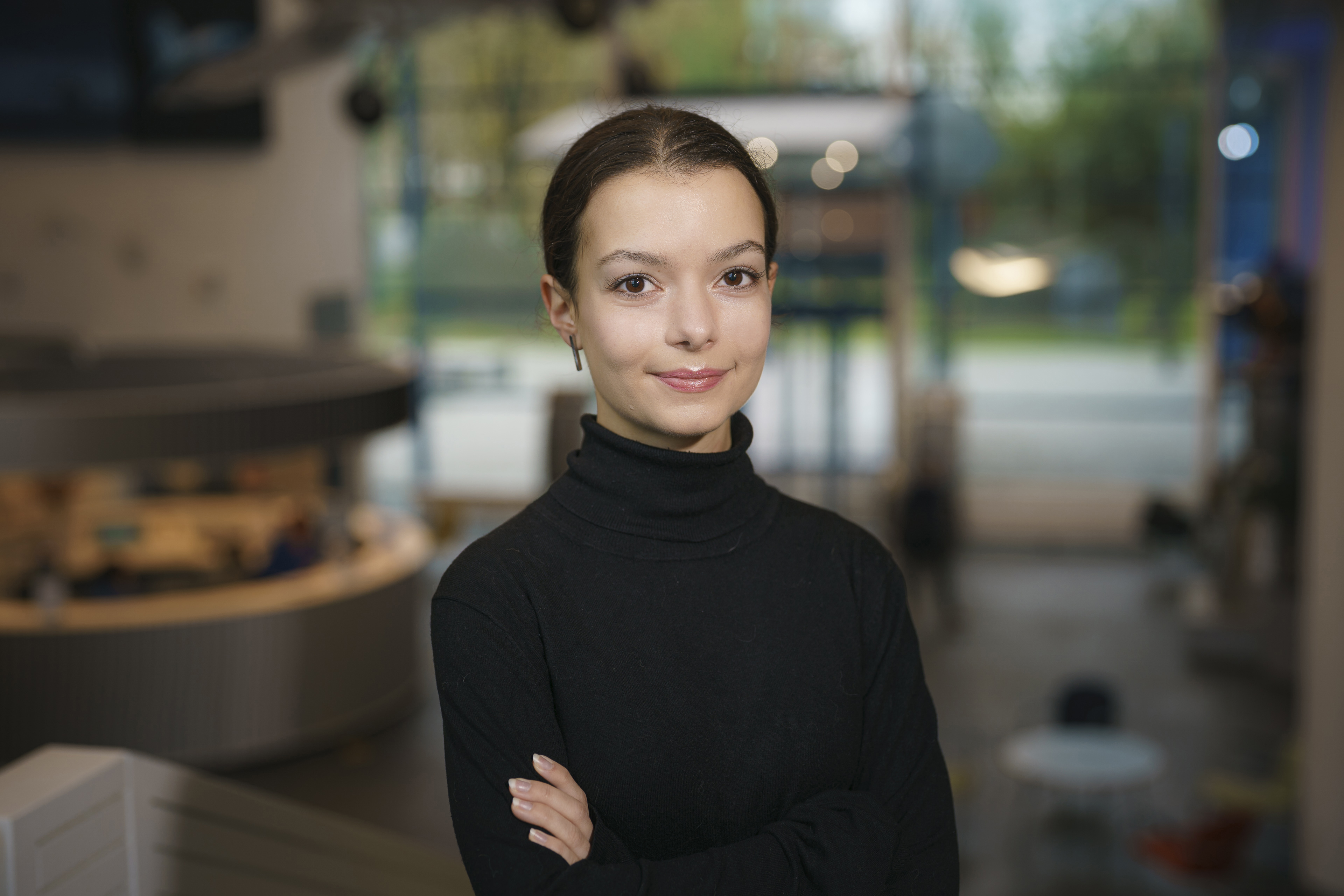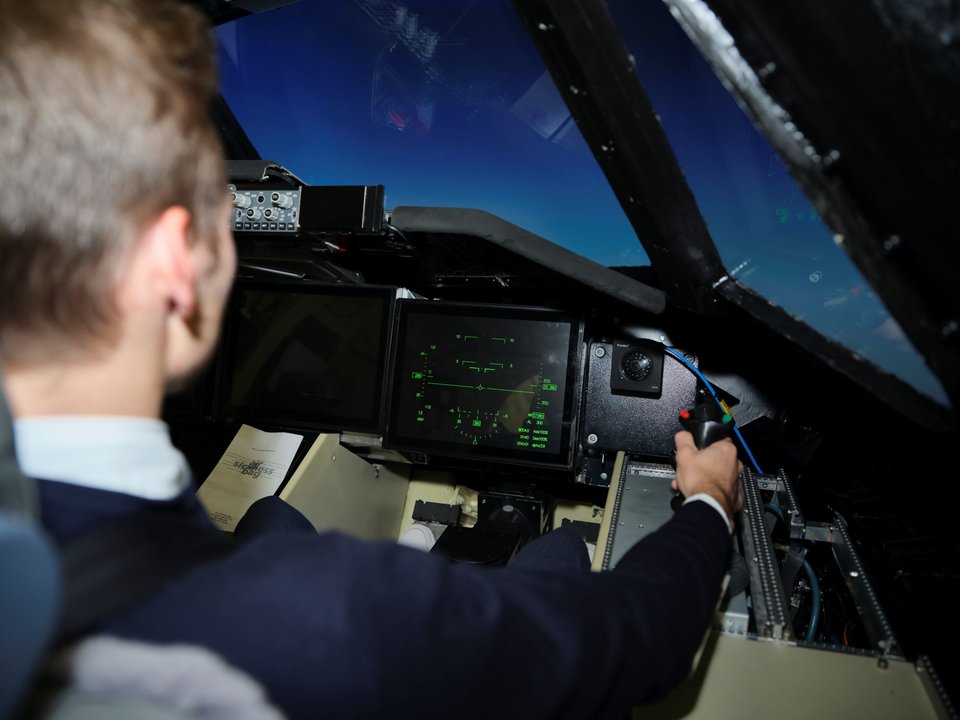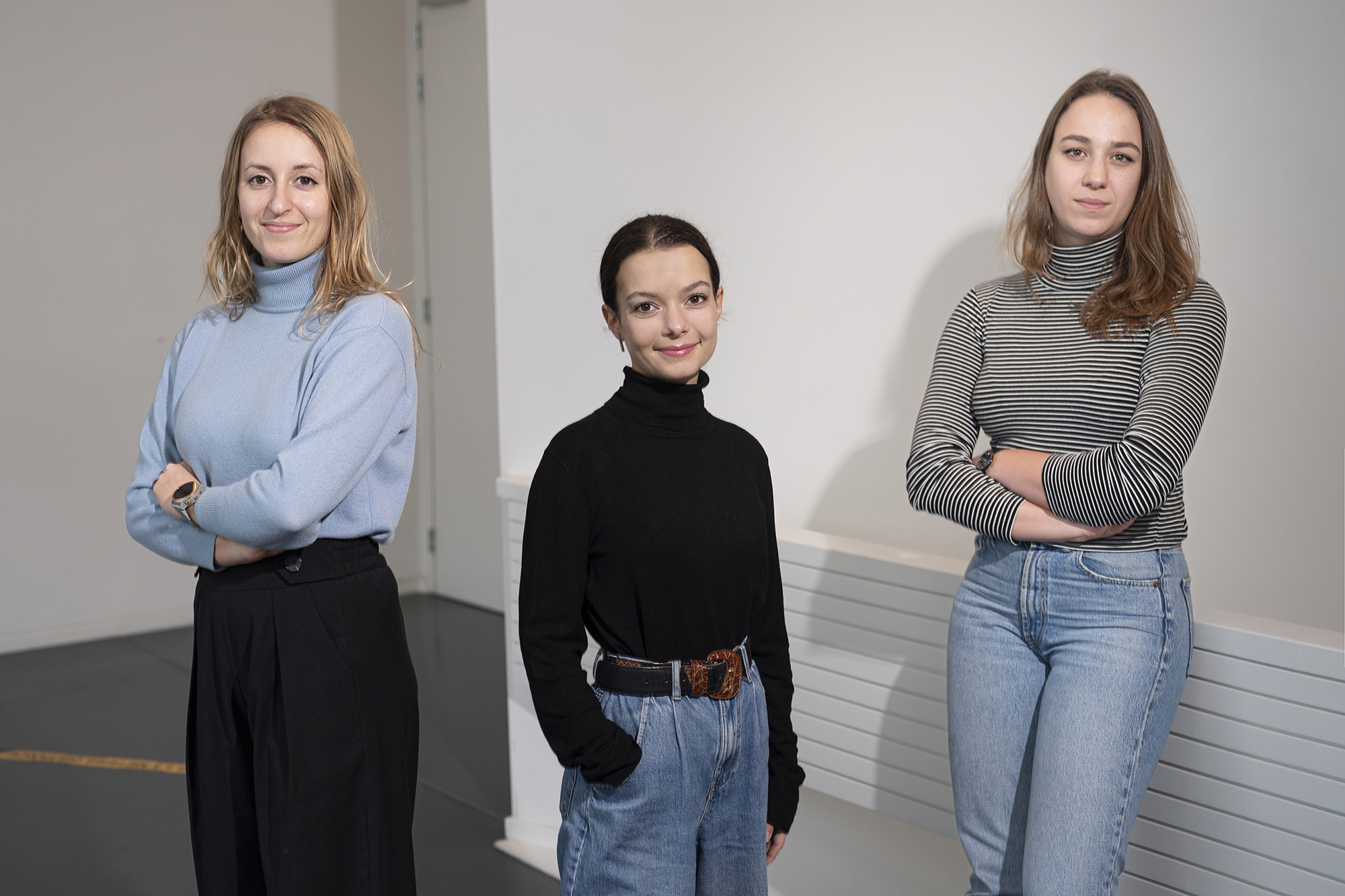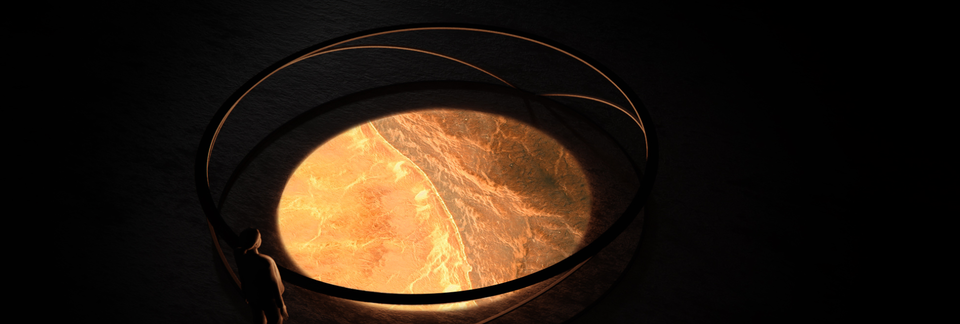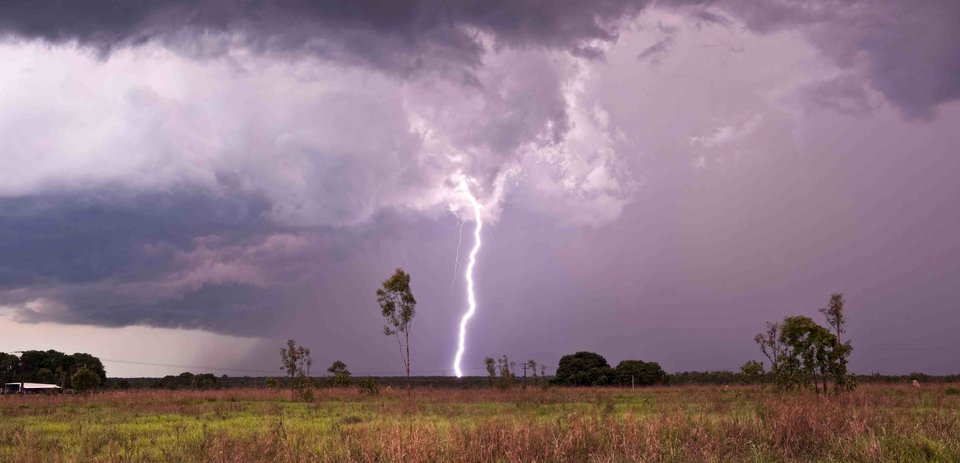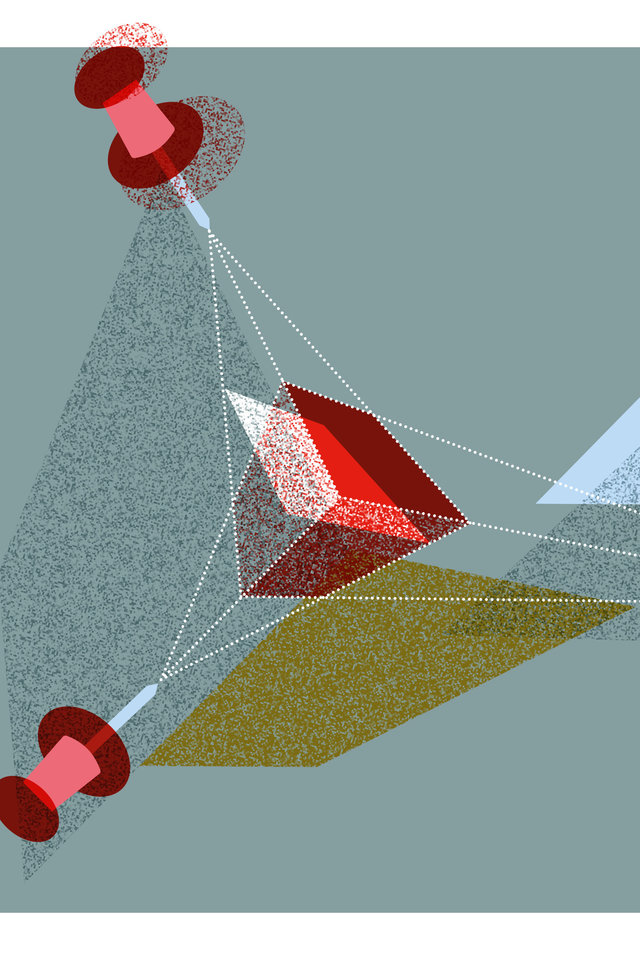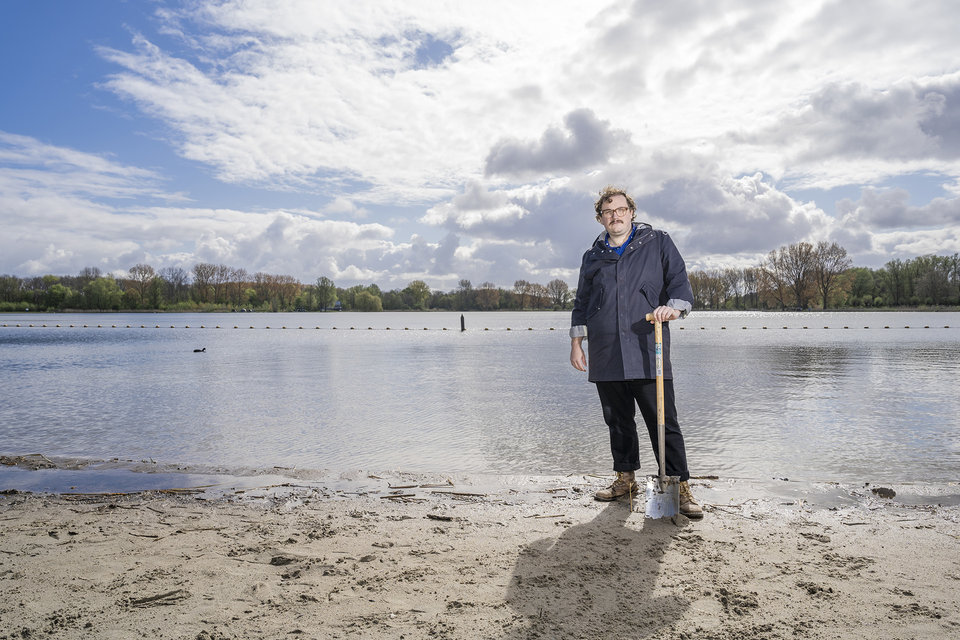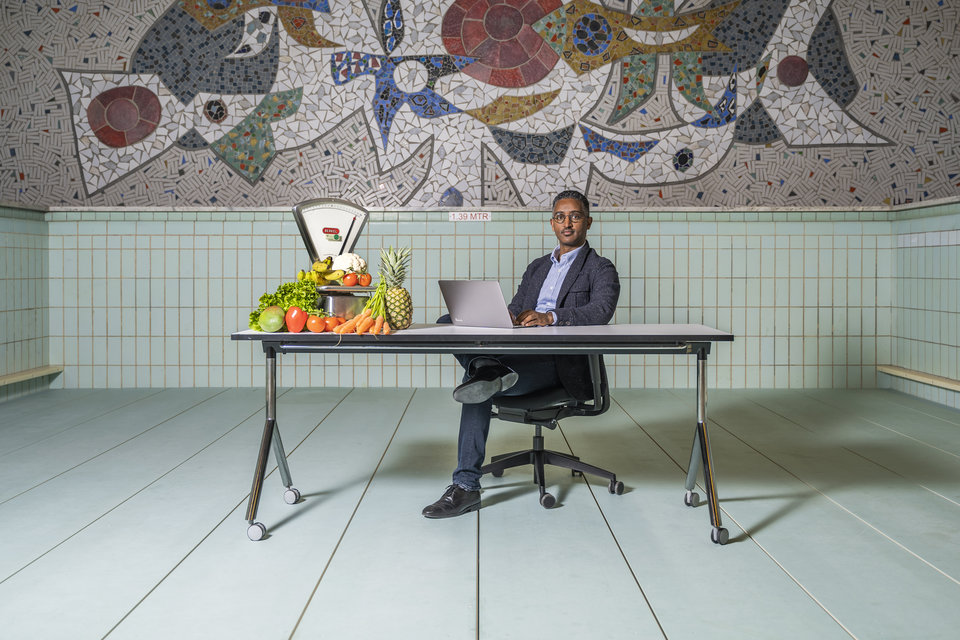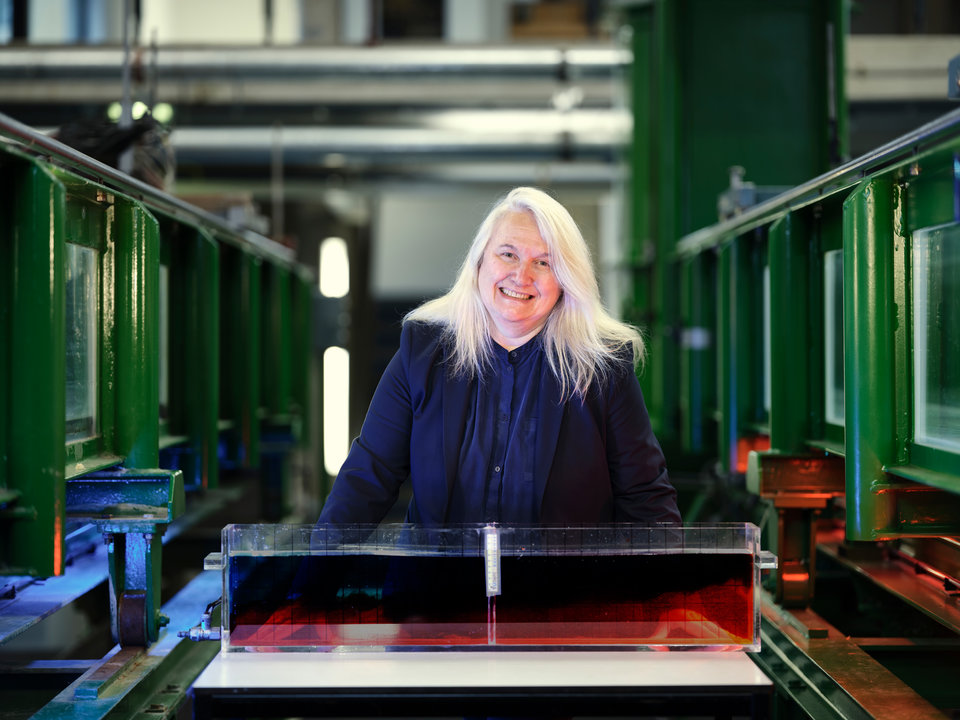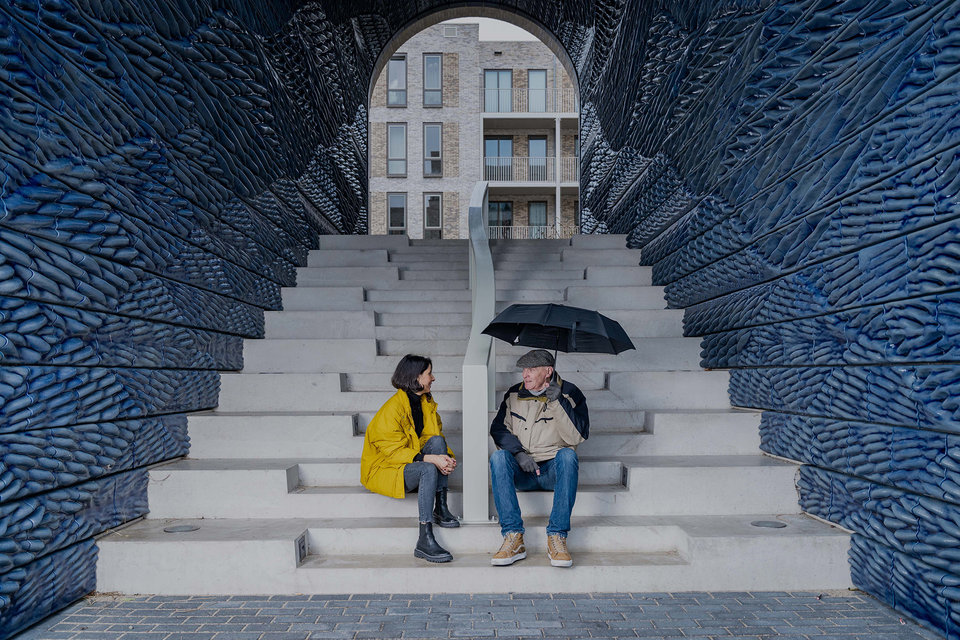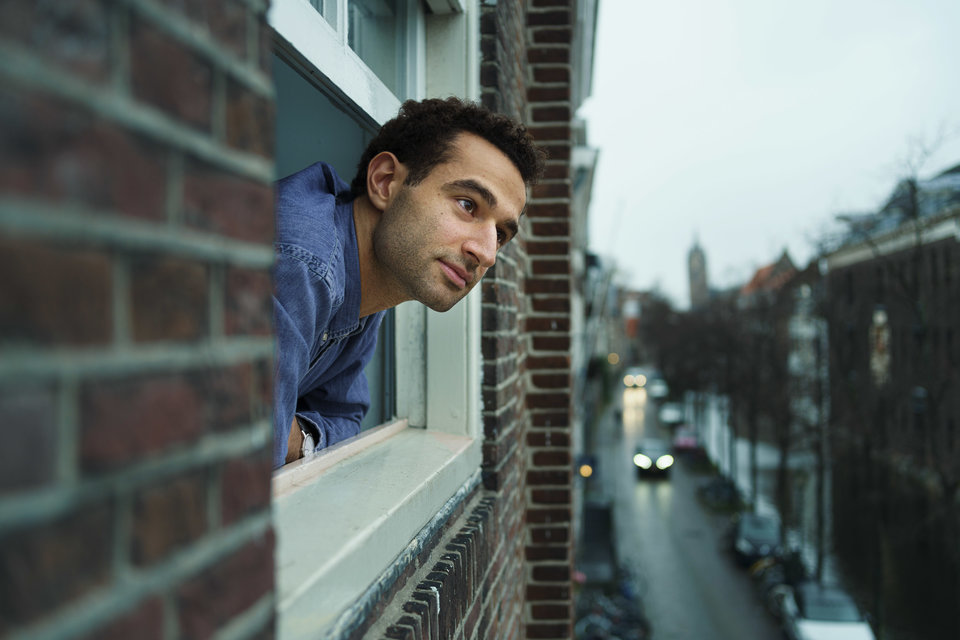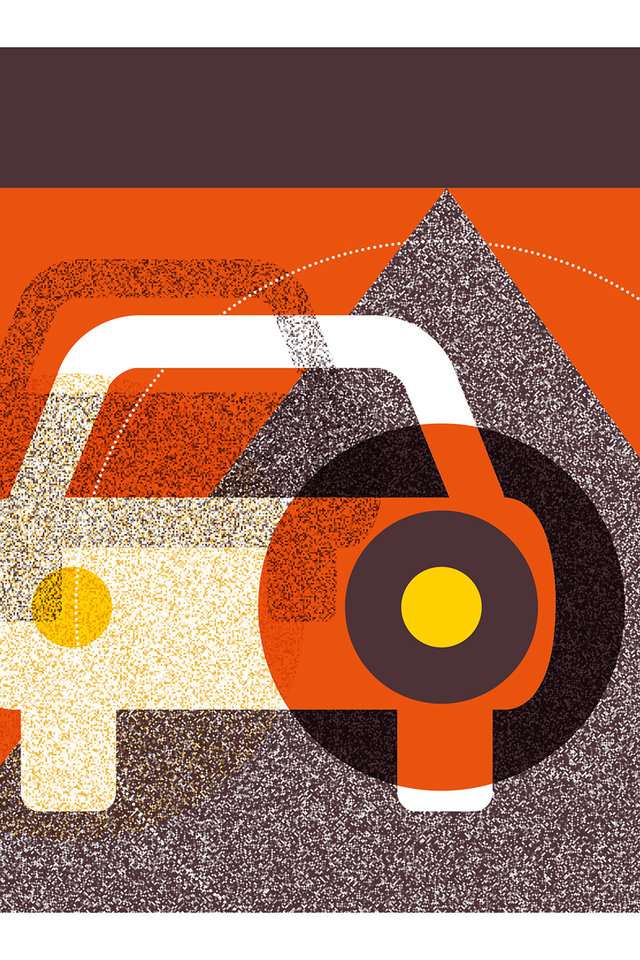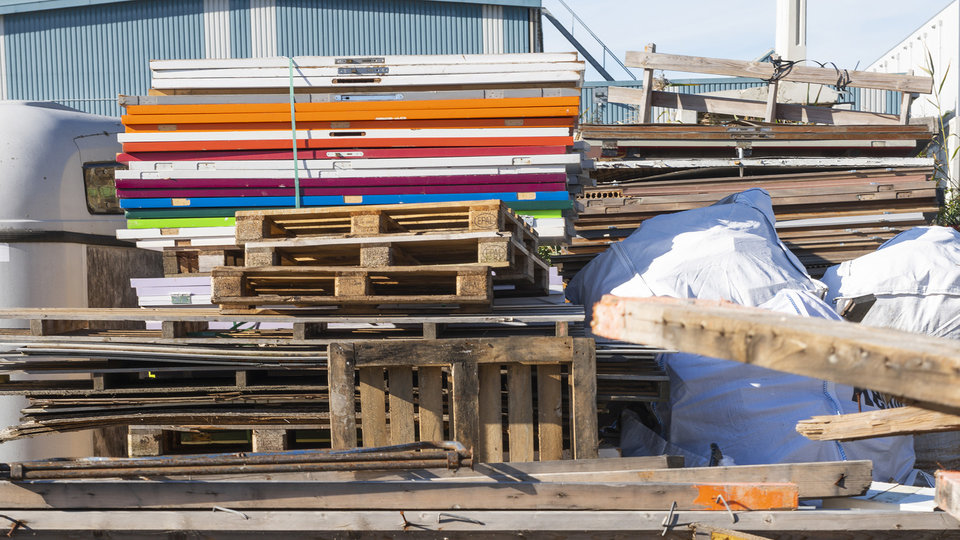Over a million objects larger than one centimetre are orbiting the environment around Earth, threatening space operations and the future of space exploration. With their start-up Ecosmic, Gaia Roncalli, Benedetta Cattani and Mireia Leon Dasi are on a mission to tackle the rapidly increasing space debris issue. Roncalli, the recipient of the 2022 International Aviation Women's Association (IAWA) scholarship, and the all-female Ecosmic leadership team are contributing to a sustainable future and inspiring others along the way.
Setting an example
As a mentor for new aerospace master’s students, Roncalli believes in leading by example. “I really like the mission of inspiring by showing that there are women in the sector. When I started my master’s, I thought about a linear career - you study, you do an internship and then you start working for a company. Being a mentor is about helping new students, inspiring them, showing them what you can do as an aerospace engineer. I want to show another story, not just the usual student that graduates and then starts working for a company but someone who could do something else. Be a mentor, start your own company, consider all of the possibilities that you have.”
These are some of the reasons Roncalli was awarded the IAWA scholarship 2022, which is given each year to a female aviation student at a select number of universities and aims to promote female leadership in the aviation industry. Roncalli’s commitment to both her studies and entrepreneurship is well aligned with IAWA's mission to connect, inspire and lead.
The pollution problem
While pursuing the Space Flight master’s programme at TU Delft’s Faculty of Aerospace Engineering, Roncalli, Cattani and Leon Dasi met and discovered a common passion for the issue of space debris. Joining forces with three other students, they launched a start-up called Ecosmic to do something about it.
With so much trash floating around space and increasing numbers of satellites being launched, space traffic management has become one of the critical issues of our time. High levels of space pollution raise the risk of a collision cascading effect known as the Kessler syndrome. It projects that each collision between objects generates more debris, thereby increasing the likelihood of further collisions, which could ultimately prevent space exploration and exploitation. “Space debris travels at a high speed so it is dangerous for satellites but also, for example, the International Space Station and the astronauts that are inside,” said Roncalli. “If they collide with satellites, it can damage or destroy them.”
From thesis to product
Based on an algorithm that Leon Dasi developed in her master’s thesis, the Ecosmic team is building software that will enhance the collision avoidance process, helping space operators to save both time and money. Their initial software product is ground-operated, which means waiting to send and receive information to and from the satellite, so it’s not an automatic process. The second part of the Ecosmic concept, which is still a work in progress, is to have a plug-and-play system that can be integrated into satellites. Processing the information on board allows for precision tracking of debris potentially hitting the satellite from the satellite itself, making things more automated and faster.
Although calculating the risk of space collisions and acting on them is not new, Leon Dasi said her algorithm and the software design have some innovative points that have not yet been addressed. “For example, one of the biggest ones is that usually you assume that satellites are spherical, but with our software you can model the real shape,” said Leon Dasi, the Faculty of Aerospace Best Graduate for 2022.
Start-up support
Launching a start-up and bringing a product to market takes learning and hard work. “None of us had a business background so there was a big knowledge gap that we have been trying to fill,” said Cattani, who graduated in September and currently works at the European Space Agency on the Clean Space initiative, a programme working on space debris related topics. “We are young and just entering the work world so we’re not that experienced yet, but we’re working on it.”
As part of the Aerospace Innovation Hub community, the Ecosmic team has received support in the form of a mentor as well as contacts with other start-ups working in the aerospace sector at TU Delft. “Being able to talk to more experienced entrepreneurs has been helpful, not just to understand how to get funding, but also how to market the product, how to write a business plan, all of the things that are business related that we had to learn because we all come from a technical background. And the start-up voucher we received from the Aerospace Innovation Hub was also very useful to get the project started,” said Roncalli.
There will be other women in the industry and that’s only increasing. Find other women that support you in the sector and support each other.
Gaia Roncalli
Looking ahead
Still in the early stages of the start-up, the Ecosmic team hopes to have a minimum viable product – the software – by Spring of 2023. They are currently busy with marketing, getting partnerships and potential customers for the first part of the product as well as continuing with R&D for the second part. “I would like to see the product being useful,” said Leon Dasi. “We’re seeing that the space sector is developing very quickly and we know that in the coming years we will need more technologies to prevent having enormous amounts of space debris. We really hope that the technologies and the ideas that we are developing can help in that way.”
Uniquely female
As management team of three women in the aerospace industry, the trio recognises that they are in a unique position. The founders of Ecosmic explain that although they see things changing, there are still challenges and room for improvement when it comes to gender in the field. During a recent pitch event, Roncalli noted she was the only woman on stage. “Sometimes the male examples that we have are not necessarily the way I would do something. I would like to do it a different way, but we have fewer women to take inspiration from.” Despite those types of experiences, she has always felt the emphasis on inclusivity at the aerospace faculty. “Even though things are not balanced, I think things are getting better. I feel like I’m always being supported by professors and also my peers. In that sense it has been a good experience.”
Leon Dasi, agreed, saying she felt very supported during her studies in the Netherlands. Currently doing a PhD in astrophysics at the Paris Observatory, she noted that the majority of experienced people in the field of space or astrophysics are men. “But we’re starting to see more women with the younger generation of PhDs, it’s more balanced so that’s very inspiring for the future.”
Women supporting women
The women of Ecosmic continue to inspire as they become examples for other females entering the field of aerospace. As for advice for the next generation, the team said that hard work and supporting each other are important. It might not always be easy, but Leon Dasi said self-confidence can help: “As women in aerospace, sometimes you have to prove that what you’re doing is worthy while men get most of the attention. I would tell other women to believe in yourself and push through because in the end if what you’re doing is good, it’s going be perceived as good.” And Roncalli said to remember that you’re not alone. “There will be other women in the industry and that’s only increasing. Find other women that support you in the sector and support each other.”

